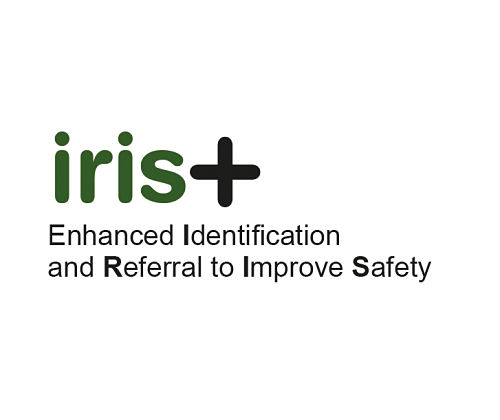
It felt like there was always someone there for us.

IRIS+ research
What we did
Our study looked at whether it is possible to deliver the IRIS+ intervention in a small number of practices in England and Wales. We also looked at the barriers and enablers of delivering IRIS+ and its potential cost-effectiveness.
We used a range of methods to test the feasibility of IRIS+. We collected and analysed data between 2019-22 from:
- clinical training observations
- GP medical records
- interviews and questionnaires with clinicians, adults and children referred to the IRIS+ service, and professionals delivering IRIS+
- domestic abuse agency data systems on referral and service support contact.
What we found
The study found that IRIS+ successfully facilitated the identification and referral of children and young people (15% of total referrals) and men (mostly survivors, 10% of total referrals). It also revealed a high referral rate for women, doubling from the rate in the original IRIS trial.
GPs were the primary referrers. Over two-thirds of referred women and children and young people, and almost half of all referred men received direct specialist support from the service.
The cost-effectiveness feasibility model indicated that IRIS+ is likely to be cost-effective or even cost-saving from a societal perspective.
Next steps
Further research is needed to establish the effectiveness and actual, rather than modelled, cost-effectiveness of the intervention.